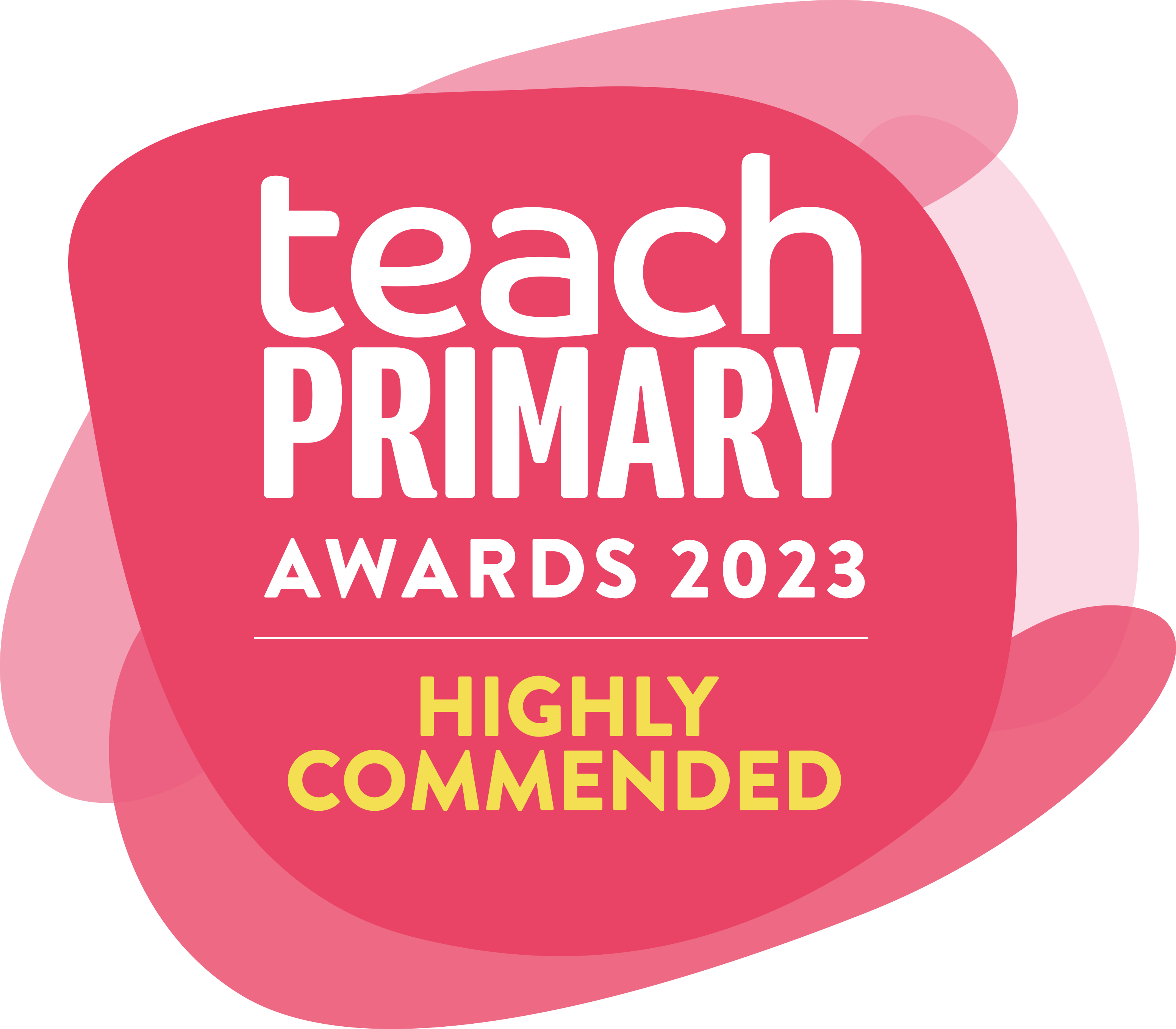Exploring Online Identity from the perspective of a Childnet Digital Champion
Posted onTuesday 11th February saw the celebration of Safer Internet Day across the world in over 170 countries. The theme of this year’s campaign in the UK was ‘Free to be me: Exploring identity online’, encouraging young people to explore how they manage their online identity, and how the internet shapes how they think of themselves and others.
We asked Bella, one of our Digital Champions, a few questions around the theme and she provided some enlightening and insightful responses which you can find below.
1) Why is it important for all young people to be free to be themselves online?
“For many young people, particularly as the generational divide between our and our parents’ generations widens, access to the internet can equal a person’s access to certain safe spaces that they would not be able to access ‘in real life’. This means something, and whether or not a person feels comfortable in a certain community online should be the qualifier for it allowing young people to ‘be themselves’. These spaces should be commended for accommodating people regardless of race, sexuality etc.”
2) Why is it important to have different groups represented online? Why is online representation important?
“The intense diversity of some sites, such as Tumblr and Instagram, really helps to confront and challenge people’s opinions and understandings of the world where in their current situation offline they may not be. Issues that do not pertain to certain people are still raised by others online, and therefore those people learn something valuable about the struggles and the successes of other communities – and therefore the importance for diversity and the concept of ‘free and equal’ online. Representation online is so critical in my own experience because LGBTQ+ folks in my area are not so common publicly – to be presented with people that are ‘like you’ online, regardless of what that means to an individual, provides a critically important sense of validation and strips away the isolation many feel in their offline situations. This is why visible and healthy representation must be paramount.”
3) What is the best thing about diversity online? What is the worst thing about diversity online?
“The best thing (for me personally): the communities that form around aspects of diversity, particularly when those aspects are not universally or widely celebrated offline. The internet is so critical for providing (particularly) young people with a set of others like them whom they can communicate with and share their experiences with, and anonymously, if need be. These communities build up a validating sense of self worth for those who might otherwise be lacking it.
The worst thing (for me personally): In the quest for diversity, which, today, particularly with regard to sexuality, tends to produce more views/clicks, things like ‘queer-baiting’ have come into existence, whereby shows etc. falsely advertise inclusion and tolerance in order to draw in a subset of the population interested by this. The use of diversity as a weak and commercial factor in media is increasingly becoming a problem; I believe distinctions should be made for showwriters and media executives between healthy and unhealthy representation in order to bate this problem in the future.”
4) What is your one wish for the future of the internet?
“I hope we are able to overcome this idea that hate speech is a quality that should not be dismantled online because of the policy of freedom of speech. I’m aware that a number of social media sites (i.e. Twitter) have removed a considerable amount of ‘hate speech’ content under cyber-laws and legislation, and have received criticism from radical communities which resent the idea of restriction of certain materials – and while freedom of speech in a political sense is incredibly important, I believe that comfortable diversity for the large majority cannot be achieved until hate speech and free speech are separated properly by legislation and social media policy.”
5) If you could tell parents, teachers, and the internet industry one thing about online identity, what would it be?
“It is so important to encourage children and young people to develop a healthy online presence early, and, perhaps even more so, to put forward a level of trust in letting them do this. ‘Watcher’ apps are increasingly popular and they should not be underestimated in the sense that they do make online identity a more restricted concept if people feel as though they cannot express themselves, and in some cases, this is damaging to a person’s ability to socialise. Children and young people might misrepresent themselves a little bit online, but it is critical that ‘healthy identity’ is promoted and taught; that is, cultivating an image that you feel comfortable with, while also understanding there are limits.”
Thank you, Bella, for your passion for this topic and for being so open with your thoughts. Find out more about our Digital Champions here and take a look at their plans for the year ahead as well as more information about their role within the programme here.
Posted in Training



